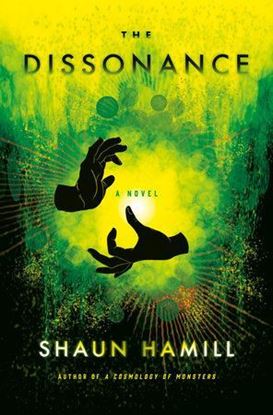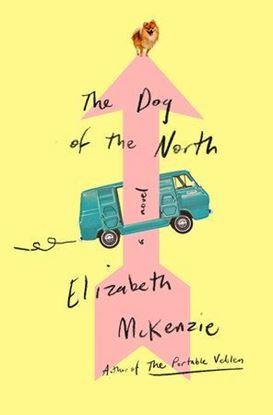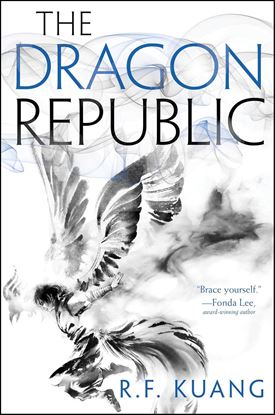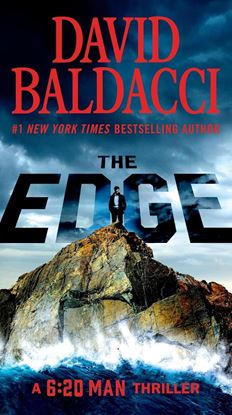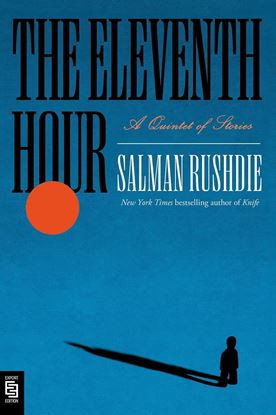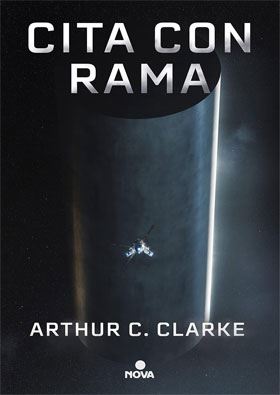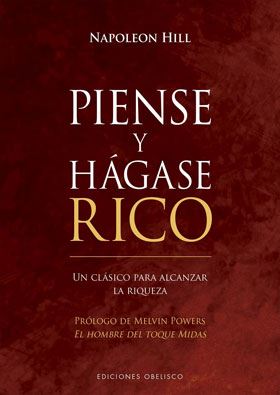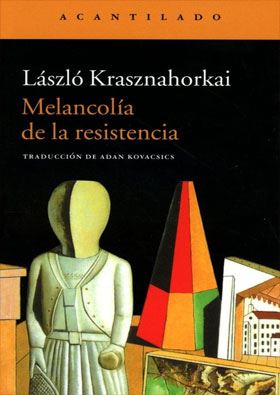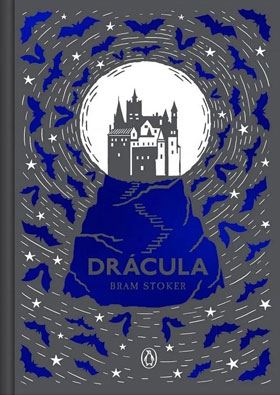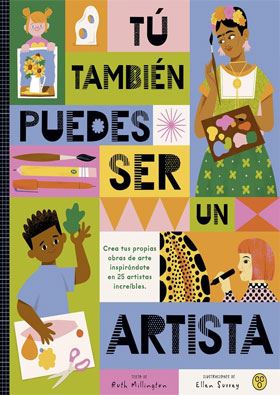

THE DISSONANCE
“You can never go home again,” the saying goes—but Hal, Athena, and Erin have to. In high school, the three were students of the eccentric Professor Marsh, trained in a secret system of magic known as the Dissonance, which is built around harnessing negative emotions: alienation, anger, pain. Then, twenty years ago, something happened that shattered their coven, scattering them across the country, stuck in mundane lives, alone.
But now, terrifying signs and portents (not to mention a pointed Facebook invite) have summoned them back to Clegg, Texas. There, their paths will collide with that of Owen, a closeted teenager from Alabama whose aborted cemetery seance with his crush summoned something far worse: a murderous entity whose desperate, driving purpose includes kidnapping Owen to serve as its Renfield. As Owen tries to outwit his new master, and Hal, Athena, and Erin reckon with how the choices they made as teens might connect to the apocalyptic event unfurling over the Lone Star State, shocking alliances form, old and new romances brew, and three unsuccessful adults and one frightened teen are all that stand between reality and oblivion.
From one of the boldest, most brilliant voices in modern fantastical horror, The Dissonance is a thrilling and beautifully written story of magic and monsters, forgiveness and friendship.
850
THE DOG OF THE NORTH
Penny Rush has problems. Her marriage is over; she’s quit her job. Her mother and stepfather went missing in the Australian outback five years ago; her mentally unbalanced father provokes her; her grandmother Dr. Pincer keeps experiments in the refrigerator and something worse in the woodshed. But Penny is a virtuoso at what’s possible when all else fails.
750
THE DRAGON REPUBLIC (2) (HC)
The war is over.
The war has just begun.
Three times throughout its history, Nikan has fought for its survival in the bloody Poppy Wars. Though the third battle has just ended, shaman and warrior Rin cannot forget the atrocity she committed to save her people. Now she is on the run from her guilt, the opium addiction that holds her like a vice, and the murderous commands of the fiery Phoenix—the vengeful god who has blessed Rin with her fearsome power.
Though she does not want to live, she refuses to die until she avenges the traitorous Empress who betrayed Rin’s homeland to its enemies. Her only hope is to join forces with the powerful Dragon Warlord, who plots to conquer Nikan, unseat the Empress, and create a new republic.
But neither the Empress nor the Dragon Warlord are what they seem. The more Rin witnesses, the more she fears her love for Nikan will force her to use the Phoenix’s deadly power once more.
Because there is nothing Rin won’t sacrifice to save her country . . . and exact her vengeance.
1,995
THE DRAGON REPUBLIC (2) DELUXE COLLECTOR
The war is over.
The war has just begun.
Three times throughout its history, Nikan has fought for its survival in the bloody Poppy Wars. Though the third battle has ended, the war still rages for Rin. Haunted by the atrocity she committed to save her people, the shaman and warrior is on the run from her guilt, the opium addiction that holds her like a vise, and the murderous commands of the fiery Phoenix—the vengeful god who has blessed Rin with fearsome power.
While the young warrior welcomes death, she must remain alive until she avenges the traitorous Empress who betrayed her homeland. Rin’s only hope is to join forces with the enemy of her enemy—the powerful Dragon Warlord, who plots to destroy the Empress.
2,900
THE EDGE
When CIA operative Jenny Silkwell is murdered in rural Maine, government officials have immediate concerns over national security. Her laptop and phone were full of state secrets that, in the wrong hands, endanger the lives of countless operatives. In need of someone who can solve the murder quickly and retrieve the missing information, the U.S. government knows just the chameleon they can call on.
Ex-Army Ranger Travis Devine spent his time in the military preparing to take on any scenario, followed by his short-lived business career chasing shadows in the deepest halls of power, so his analytical mind makes him particularly well-suited for complex, high-stakes tasks. Taking down the world’s largest financial conspiracy proved his value, and in comparison, this case looks straightforward. Except small towns hold secrets and Devine finds himself an outsider again.
800
THE ELEVENTH HOUR
Dazzling new short stories from Salman Rushdie that transport us around the world from Bombay neighbourhoods to elite English universities, in his first new fiction since "Victory City".
1,350

